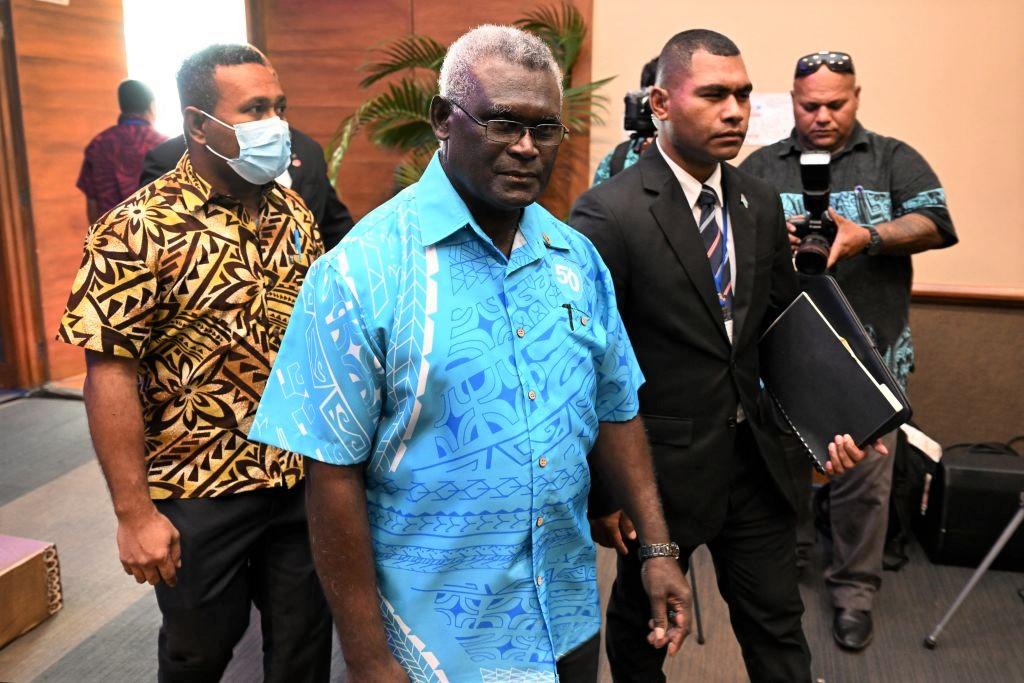The Solomon Islands government has agreed to a 448.9 million yuan (US$66.15 million) loan from the Chinese state-owned Export-Import Bank of China to fund the construction of 161 towers by controversial telecommunications giant Huawei.
In response, defence expert Michael Shoebridge has warned that Beijing is “moving fast and in a broad way” in the South Pacific to deepen its influence and has called for the Australian government to cut funding for the Pacific Games due to be held next year.





